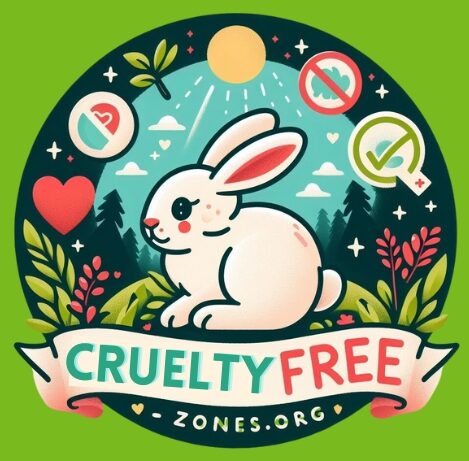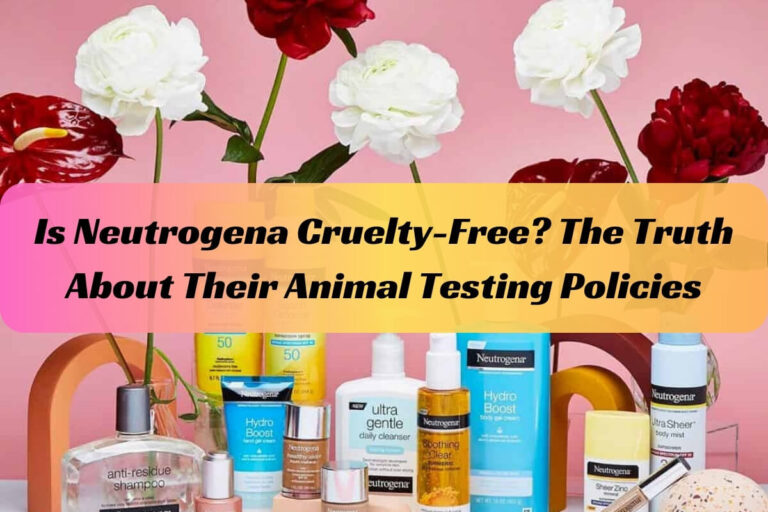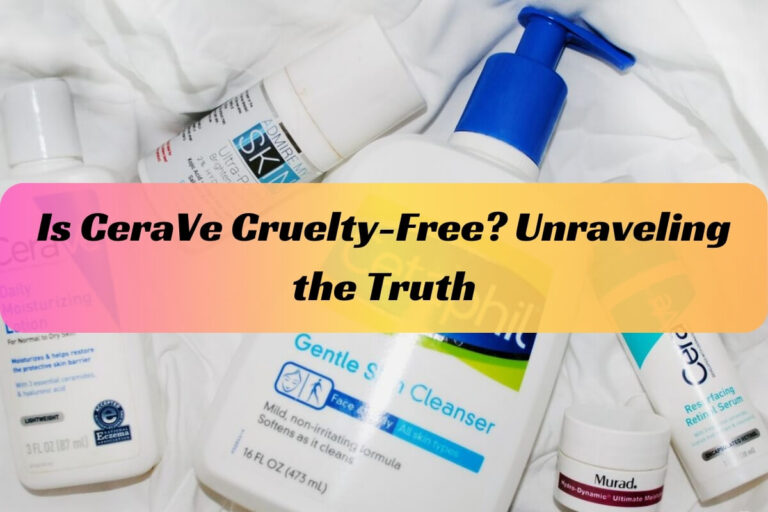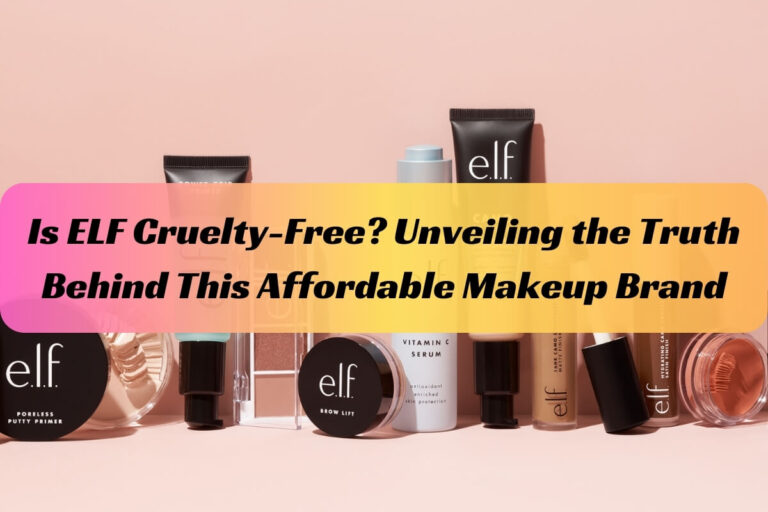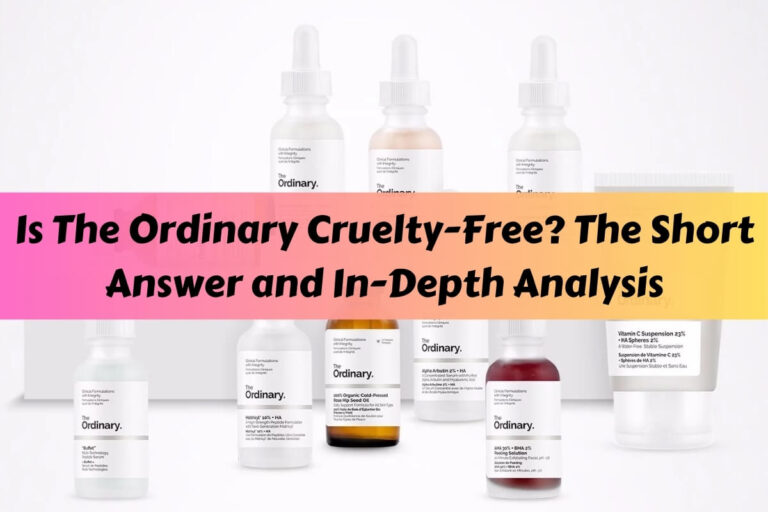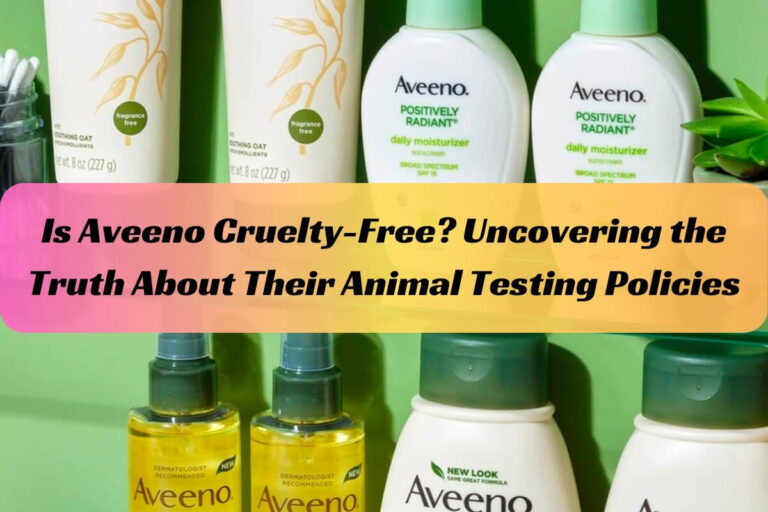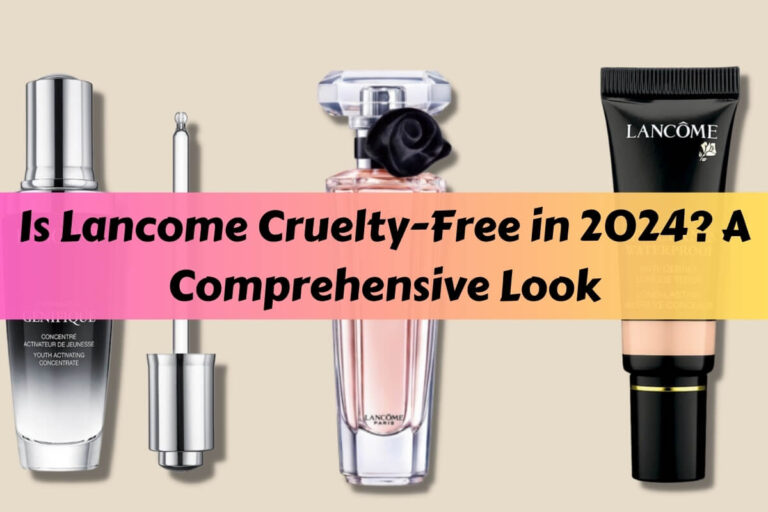Is Eucerin Cruelty-Free? A Comprehensive Look at Animal Testing Policies
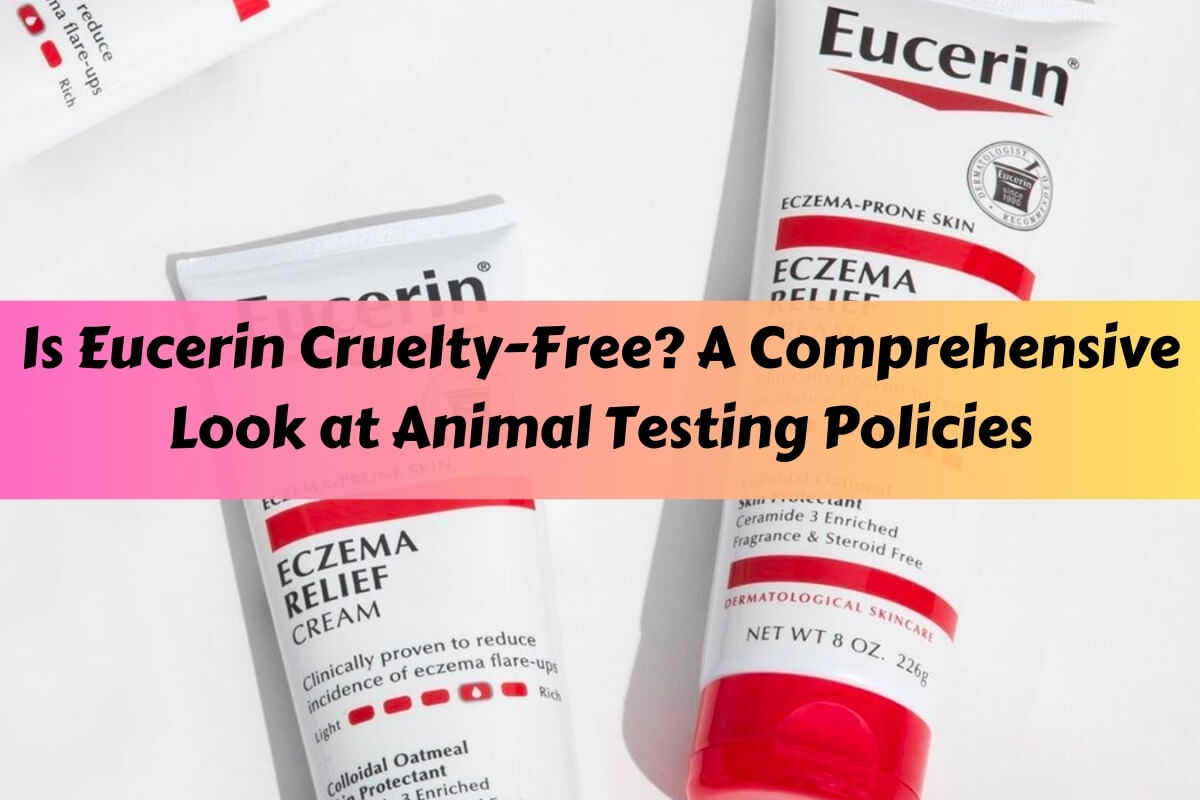
In a world where ethical consumerism is on the rise, more and more people are seeking products that align with their values, particularly when it comes to animal welfare. The cosmetics and skincare industry has been under scrutiny for its historical reliance on animal testing, prompting many brands to reevaluate their practices. One brand that has garnered attention in this regard is Eucerin, a well-known name in the world of dermatological skincare solutions. Is Eucerin cruelty-free?
The short answer is no, Eucerin is not certified as a cruelty-free brand. While they have made efforts to minimize animal testing, they still allow third-party testing on their products when required by law in certain countries. In this comprehensive guide, we’ll take a closer look at Eucerin’s stance on animal testing, their testing methods, and their overall policies regarding cruelty-free and vegan practices.
What is Eucerin?
Before delving into the cruelty-free aspect, let’s first understand the brand itself. Eucerin was founded in 1900 by German pharmacist Paul C. Beiersdorf and has a rich history of medical skin science innovation. The brand’s name is derived from the Greek word “eucrino,” which means “to separate well,” referring to its groundbreaking emulsion that helped revolutionize skincare formulations.
Over the years, Eucerin has been dedicated to providing clinically proven skincare solutions that support skin health and maintain its natural balance. With a strong emphasis on scientific research and dermatological expertise, the brand has gained a reputation for its commitment to efficacy and tolerability.
Does Eucerin Test on Animals?
Now, let’s address the elephant in the room – does Eucerin test on animals? According to the brand’s official statement, they do not directly test their products or ingredients on animals “unless required by local government or local laws.” However, this statement leaves room for interpretation and raises concerns among conscious consumers.
Eucerin isn’t certified cruelty-free by Leaping Bunny or PETA. They use lab-based tests but may still test on animals in some cases.
One such circumstance is when they sell their products in Mainland China, where animal testing is currently mandated by law for cosmetics. Although China has recently approved some non-animal tests for product ingredients, the final product is still required to undergo animal testing before being sold in physical stores.
This means that while Eucerin may not directly conduct animal testing themselves, their products are tested on animals by third parties or local authorities in countries like China to comply with legal requirements.
Is Eucerin Owned by a Cruelty-Free Parent Company?
Another factor to consider when evaluating a brand’s cruelty-free status is its parent company. In the case of Eucerin, the brand is owned by Beiersdorf AG, a German personal care company that is also not certified as cruelty-free.
Eucerin’s link to Beiersdorf AG means it follows guidelines that affect its animal testing policy, making it not fully cruelty-free.
Is Eucerin Vegan?
Moving on to another aspect of ethical consumerism, let’s explore whether Eucerin is a vegan-friendly brand. According to various sources, Eucerin is not a 100% vegan brand, as some of its products may contain animal-derived ingredients or by-products, such as glycerin.
“Cruelty-free” means no animal testing, but may use animal ingredients. “Vegan” means no animal ingredients, but may still be tested on animals.
Eucerin does not explicitly market its products as vegan, so it’s recommended that consumers review the ingredient lists of individual products carefully if they wish to avoid animal-derived components.
Eucerin’s Stance on Animal Testing
Despite not being certified as cruelty-free, Eucerin has made efforts to minimize animal testing and explore alternative methods. The brand states that it has been working with in-vitro alternatives for over 20 years and actively advocates for the worldwide acceptance of these methods by relevant authorities.
Eucerin’s goal is to fill the gaps where alternative methods are not yet available, supporting scientific efforts to develop new animal-free testing approaches, both in terms of personnel and financial resources.
In-vitro and Human-Based Testing at Eucerin
To ensure the safety and efficacy of its products, Eucerin relies heavily on in-vitro (lab-based) and in-vivo (human-based) testing methods. These approaches are considered more ethical and reliable alternatives to animal testing.
In-Vitro Testing Process
Eucerin’s in-vitro testing process involves extensively evaluating potential ingredients and formulas in their laboratories. They utilize reconstructed skin models that mimic the structure and conditions of real skin cells, allowing them to predict physiological reactions to active substances.
According to the brand, hundreds of formulas and thousands of potential ingredients undergo this rigorous in-vitro testing process every year. By optimally imitating the conditions and reactions with real skin cells, Eucerin can assess the safety and tolerability of its products without resorting to animal testing.
In-Vivo Testing Process
In addition to in-vitro testing, Eucerin conducts in-vivo tests, which involve human volunteers. These tests are carried out at Eucerin’s in-house test unit facilities, where patch tests are performed to evaluate skin tolerability.
Small samples of the test products are applied to the sensitive skin on the volunteers’ forearms, and their reactions are closely monitored. This process provides valuable insights into how the products interact with human skin, ensuring their safety and efficacy.
Eucerin’s in-vivo testing facilities are an integral part of their skin research center in Hamburg, Germany. According to the brand, more than 2,200 studies on new skincare formulas and active ingredients are conducted here every year, involving 45,000 contacts with volunteers.
Furthermore, Eucerin collaborates with external test institutes, dermatological clinics, and experts to further validate their findings and enhance their understanding of skin health and product performance.
Eucerin Aquaphor: Cruelty-Free and Vegan Status
One of Eucerin’s most popular product lines is Aquaphor, which has recently gained viral attention on social media platforms like TikTok. However, it’s important to note that Eucerin Aquaphor is neither cruelty-free nor vegan, as it falls under the brand’s overarching policies regarding animal testing and the use of animal-derived ingredients.
Cruelty-Free Alternatives to Eucerin
For consumers seeking cruelty-free and vegan skincare options, several popular brands align with these values. Some notable alternatives to Eucerin include:
- CeraVe
- La Roche-Posay
- Cetaphil
- First Aid Beauty
- Aveeno
It’s always recommended to thoroughly research and verify a brand’s cruelty-free and vegan claims before making a purchase, as policies can change over time.
Final Thoughts
In conclusion, while Eucerin is a respected brand in the world of dermatological skincare, it is not certified as cruelty-free. The brand’s stance on animal testing is nuanced – they claim to prioritize in-vitro and human-based testing methods but still allow third-party animal testing when required by law in certain countries.
Eucerin is not vegan as some products contain animal ingredients. Cruelty-free and vegan consumers should check Eucerin’s policies and consider other brands that align with their beliefs.
Ultimately, conscious consumers need to make informed choices based on their values and the information available. By raising awareness and supporting brands that prioritize ethical practices, we can collectively drive positive change within the cosmetics and skincare industry.
